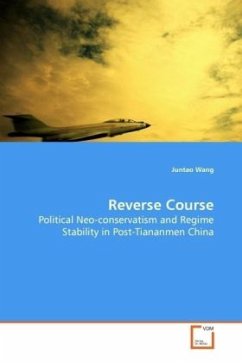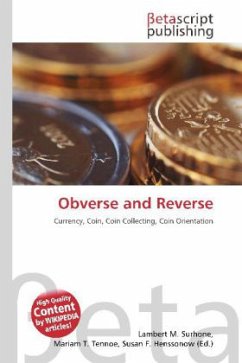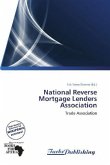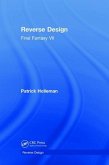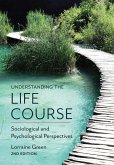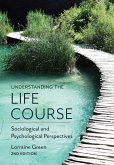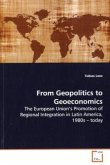In post-Mao China, when Chinese debate on how to
reorient their modernization, political neo-
conservatism has risen rapidly against liberal
democracy since the early 1990s. This work analyzes
its origins, development, arguments, and political
consequence. The political neo-conservatism includes
various thoughts: neo-authoritarianism, statism,
nationalism, post-modernism, post-colonialism, third
way, China exceptionalism, neo-Confucianism, and new
leftism. The political consequence of the rise of
political neo-conservatism, as opposing radical
democratization, is to maintain non-democracy regime
in China. It is not only a dramatic shift in Chinese
ideology and politics since mid-1970s, but also a
counter-case both to world politics, so-
called third wave of democratization, and to the
popular theory regarding regime transition in
comparative study. This case research on China
strongly confirms the role of ideasin making regime
transition. The author, Ph. D. in comparative
politics of Columbia University, is a leading figure
in both intellectual and political circle, he has
experienced the major political events in post-Mao
China.
reorient their modernization, political neo-
conservatism has risen rapidly against liberal
democracy since the early 1990s. This work analyzes
its origins, development, arguments, and political
consequence. The political neo-conservatism includes
various thoughts: neo-authoritarianism, statism,
nationalism, post-modernism, post-colonialism, third
way, China exceptionalism, neo-Confucianism, and new
leftism. The political consequence of the rise of
political neo-conservatism, as opposing radical
democratization, is to maintain non-democracy regime
in China. It is not only a dramatic shift in Chinese
ideology and politics since mid-1970s, but also a
counter-case both to world politics, so-
called third wave of democratization, and to the
popular theory regarding regime transition in
comparative study. This case research on China
strongly confirms the role of ideasin making regime
transition. The author, Ph. D. in comparative
politics of Columbia University, is a leading figure
in both intellectual and political circle, he has
experienced the major political events in post-Mao
China.

